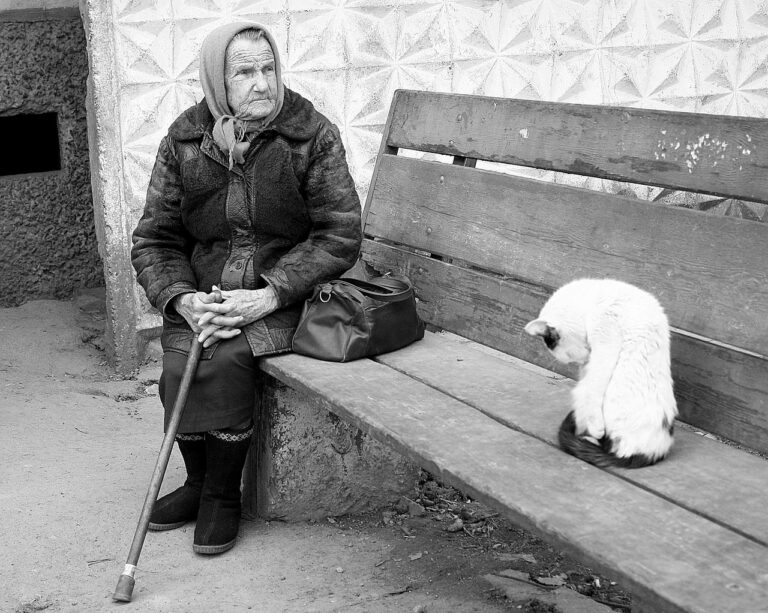The Growing Popularity of Online Resale Platforms
While selling clothes and accessories at physical thrift stores has been a common practice for decades, the rise of online resale platforms has brought a new level of convenience for sellers. With just a few clicks, individuals can upload photos and descriptions of their items, reaching a much larger audience than traditional brick-and-mortar stores. This wider reach often results in quicker sales and higher profits for sellers as they tap into a global market of potential buyers.
Additionally, online resale platforms offer sellers the opportunity to declutter their homes in a sustainable way. Instead of throwing unwanted items away or letting them gather dust in closets, individuals can sell them on these platforms, giving the items a second life and reducing waste. Not only does this benefit the sellers financially, but it also contributes to a more sustainable consumption cycle, aligning with the growing trend of eco-conscious consumerism.
Reasons Behind the Increasing Demand for Secondhand Goods
As consumers become more environmentally conscious, there has been a notable shift towards sustainable shopping practices. Secondhand goods offer a sustainable alternative to fast fashion, reducing the demand for new products and the associated carbon footprint. With the rise of social media and influencers promoting thrifted finds, there has been a cultural shift towards embracing pre-loved items as a fashion statement.
Additionally, the economic advantages of purchasing secondhand goods have also contributed to the increasing demand for these products. Consumers can often find high-quality items at a fraction of the cost compared to buying brand new, making it an appealing option for budget-conscious shoppers. This shift towards secondhand shopping reflects a desire for unique, one-of-a-kind pieces while simultaneously supporting more ethical and sustainable consumption habits.
Impact of Online Resale Platforms on Sustainable Fashion
Online resale platforms have revolutionized the fashion industry by offering a sustainable solution to consumers seeking to reduce their environmental footprint. By providing a platform for individuals to buy and sell pre-owned clothing, these online marketplaces promote the concept of circular fashion, extending the lifespan of garments and minimizing waste. This shift towards secondhand shopping not only supports a more sustainable approach to fashion consumption but also encourages the reuse of resources, reducing the need for new production and subsequent environmental impact.
Furthermore, the popularity of online resale platforms has contributed to the shifting perceptions of secondhand clothing, fostering a more positive attitude towards pre-loved items. As more consumers embrace the idea of buying secondhand, the demand for sustainable fashion options continues to grow. This trend not only promotes eco-conscious shopping habits but also challenges traditional notions of value and encourages a more thoughtful and mindful approach to fashion consumption.





